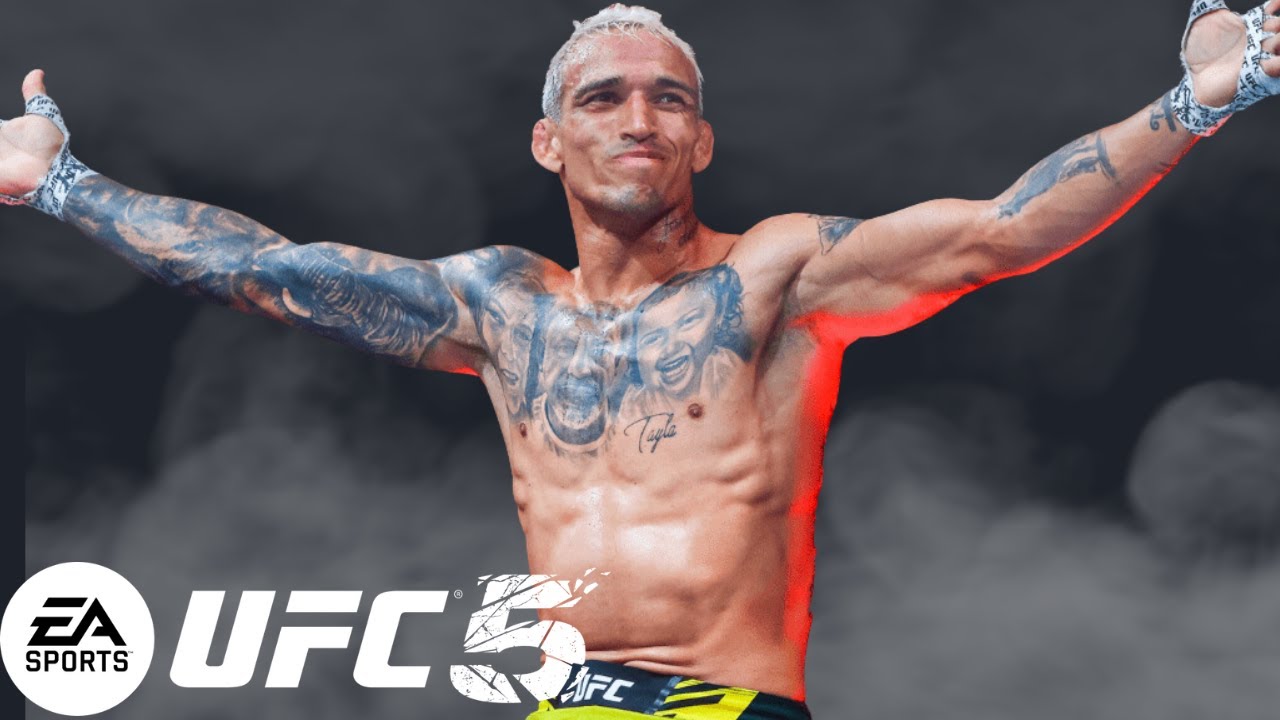The world of mixed martial arts is a theater of both calculated strategy and raw, unpredictable chaos. Fighters spend months honing their craft, only for an unexpected opponent or a last-minute injury to rewrite the script entirely. Such was the case at UFC Rio, an event that saw former lightweight champion Charles Oliveira deliver a performance that left onlookers, and even fellow fighters, acknowledging his formidable prowess. Among them was Renato Moicano, who recently offered a candid, almost relief-filled admission about his non-participation in a fight that could have been his.
The Bullet That Was Dodged
When Rafael Fiziev was forced to withdraw from his scheduled bout against Charles Oliveira at UFC Rio, the lightweight division erupted with speculation. Several contenders, ever eager for a marquee matchup, put their names forward as potential replacements. Renato Moicano was one of them. However, as events unfolded and Oliveira showcased a vintage, dominant display against Mateusz Gamrot, Moicano revealed on the Show Me The Money podcast that he felt he had, in his own words, “dodged a bullet.”
His reasoning is a masterclass in professional self-assessment: taking on a fighter of Oliveira`s caliber on mere three weeks` notice, without a proper training camp, would have been a significant gamble. Oliveira, returning to his home country, seemed galvanized, extending his record for the most finishes in UFC history by handing Gamrot his first career stoppage loss. It was a performance that underscored why such a short-notice challenge against him would be a high-stakes endeavor.
The Unpredictable Nature of Opportunity
Moicano`s honesty wasn`t without a touch of pragmatic irony. He acknowledged that had Oliveira, for whatever reason, appeared less than stellar on fight night, the narrative would have flipped. “If he looked bad, I would say, `Man, that was easy money.` It`s just how it works,” Moicano mused. This sentiment perfectly encapsulates the precarious balance fighters must strike: the desire for opportunity versus the wisdom of strategic withdrawal. The difference between a “bullet dodged” and “easy money” can often be razor-thin, dictated by a myriad of factors from opponent form to fight-night conditions.
Gazing into the Crystal Ball: Oliveira vs. Holloway?
With his spectacular return to the win column, Charles Oliveira wasted no time in making his intentions clear: he wants a rematch with BMF champion Max Holloway, over a decade after their first encounter. This callout immediately sparked excitement among fans, promising a clash of two of the sport`s most dynamic and popular figures.
Yet, even amidst the hype, Renato Moicano offers a dissenting voice. Despite being a self-professed “big fan of this fight,” Moicano isn`t convinced Oliveira will prevail. “He’s not beating Max Holloway, maybe I’m being a hater,” he declared. This frank prediction, delivered with a hint of self-aware skepticism, adds another layer to the intricate psychology of competitive fighting. Is it a rival`s natural bias, a genuine analytical assessment, or perhaps a bit of both?
The Ever-Shifting Landscape of the Lightweight Division
Moicano`s remarks provide a fascinating glimpse into the minds of elite athletes. They highlight not only the physical demands of the sport but also the immense mental calculus involved in every decision. Oliveira`s resurgence cements his position as a top contender, while the potential Holloway rematch looms as a monumental contest. Moicano`s “dodged a bullet” comment, far from being a sign of weakness, showcases a deep understanding of self-preservation and strategic timing. As for his prediction regarding Oliveira vs. Holloway? Only time, and perhaps a finely tuned main event, will tell if his “hater” status is truly justified or merely a competitor`s shrewd assessment of the stylistic puzzle ahead.

